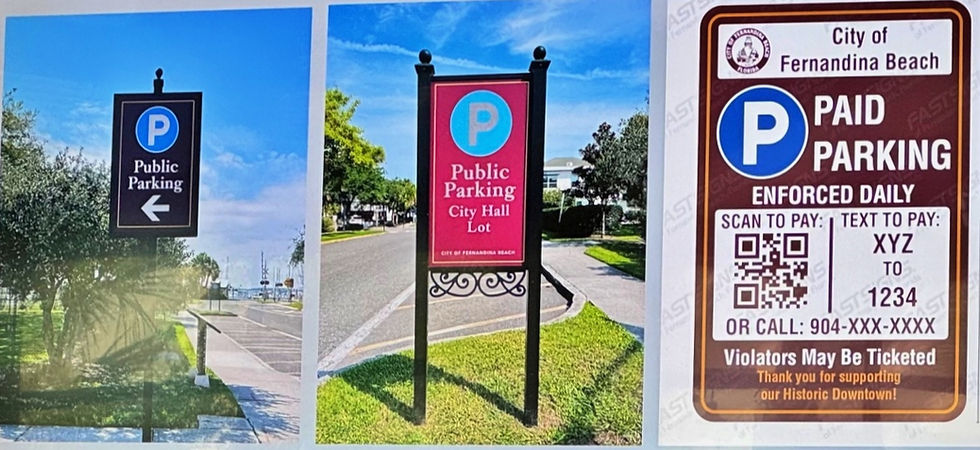RYAM wants $6.6 Million from City over drop in bioethanol Project Property value
- Mike Lednovich
- Aug 26, 2025
- 2 min read

Rayonier Advanced Materials (RYAM) has filed a formal claim seeking $6.6 million in compensation from the City of Fernandina Beach, arguing the city’s denial of a proposed bioethanol production facility caused a significant loss in land value and violated the company's property rights.
At the heart of the dispute is the 2.97-acre portion of RYAM’s industrial site at 10 Gum Street. RYAM intended to use the land to construct a second-generation (2G) bioethanol plant that would convert spent sulfite liquor — a byproduct of its pulp production — into ethanol. The city denied the project in February 2025, determining it constituted “chemical manufacturing or refining,” a use explicitly prohibited by the city's Comprehensive Plan and Land Development Code (LDC) under its I-2 zoning designation.
An appraisal commissioned by RYAM estimates the denial dropped the land’s value from $7.12 million to just $517,800, resulting in a loss of $6.6 million. The company maintains that the proposed project was a “reasonable extension” of its existing pulp mill operations and that the city’s actions imposed an “inordinate burden” under Florida’s Bert J. Harris, Jr. Private Property Rights Protection Act.
In a July 11, 2025, notice of claim sent to the city, RYAM formally demanded compensation and initiated the process required under the Harris Act. According to Florida law, the city has 150 days to respond to the claim. During this period, the city can choose to offer a settlement, modify its position, or maintain its original denial, potentially triggering further legal action.

"The City's action has directly restricted and limited RYAM's ability to utilize the Property for the Project, a use that is both foreseeable and non-speculative, such that the denial has permanently thwarted RYAM's reasonable, investment-backed expectations. The inordinate burden created by the City's denial of the Project has resulted in a significant loss in the fair market value of the Property," stated RYAM's attorney Frederick Aschauer Jr.
RYAM officials have previously stated the company has $51 million invested in the bioethanol venture.
The city’s denial letter on February 4 and a written interpretation from City Manager Sarah Campbell emphasized that while the land is zoned for heavy industrial use, the ethanol plant crossed a legal line into prohibited chemical processing. The decision cited both the LDC and Comprehensive Plan, stating that “chemical or petroleum manufacturing or refining shall be prohibited” even within industrial zones.
RYAM contends the bioethanol project was not standalone chemical manufacturing but an integrated component of its existing operations, and thus allowable.
The city has not yet issued a public statement regarding the notice of claim.
If the dispute is not resolved during the 150-day window, RYAM may file suit in circuit court, seeking full compensation for the claimed loss under the Harris Act.




They commissioned an appraisal - which means they are paying for the results. That said, the results are no surprise to me at all. Meantime, the Comp Plan/LDC rule has been on the books for a very long time. That RYAM chose to ignore the facts of the city codes does not mean our city should pay them anything. The rule was on the books long before Bert Harris. Being in business means taking risks. Sometimes things work out and sometimes they don't. RYAM needs to take the project to another company campus far, far away please and thank you.
I'm not surprised. The execs at RYAM have been poisoning Fernandina's land, air, water and human health for years. Now the market for cellulose is down so they want to poison the downtown with more toxic chemicals. This is dirty politics at it's finest. They say parking will ruin our historic downtown. This unfair move by RYAM will make our downtown stink with it's toxic releases to the air and water. They know the city can't fight that amount of money. They're bullies that have taken advantage of a small town that doesn't even have money to renovate the old infrastructure.